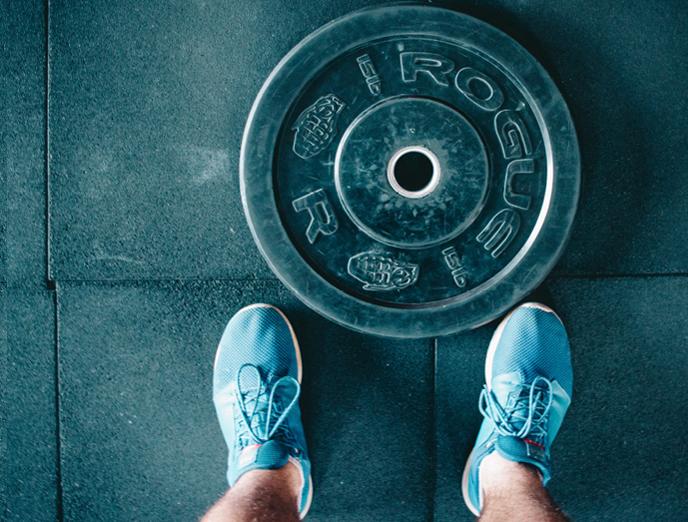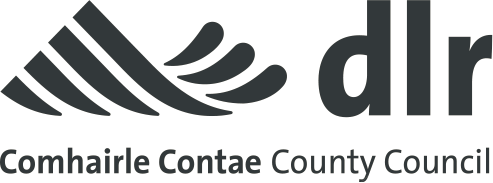In the beginning…
We have all been guilty at one time or another of assuming we know more about something than we actually do, or are more capable of something than we actually are. These assumptions are borne of a fear of failure, an uneasy comparison we make with the capabilities of others, or a desire to get to the ‘end-point’ as quickly as possible. And usually these assumptions cost us.
Beginners by definition should start at the beginning. And should take their time. For beginners, learning will be rapid, progress will be slow. But that’s the point. Once the psychomotor skills of the task are understood and learned, progress will begin to accelerate, but bypassing these critical learnings, will mean you’ll only ever see your potential in the distance and never quite reach it.
Fast growth, Slow growth
James Clear writes brilliantly about the perils of “fast growth”, which he says forces us into a higher cost environment where if we don't have the systems and ability to handle those costs, we end up paying for it. Far better to make slow, consistent sustainable progress than short, quick, temporary progress.
One of the simplest formula’s we’ve ever come across with regard to programming for exercise is:
Development = Demand.
No demand, no development, a little demand, a little development, inappropriate demand, inappropriate development. The scientific term is progressive overload. The skill is understanding your current capability – as a beginner – and from there, placing an appropriate ‘demand’ on yourself. Asking a little more of yourself than you might be comfortable with, something that's a stretch. Progress then, should be seen as a series of small progressive steps through increasing demand, along a path to mastery.
Some thoughts for you to consider if you are at the beginning of a new exercise program or journey…
- Introduce a new program slowly – master the movement quality first, then begin to load.
- Anything new is a stress. Keep consistency in other workouts when introducing a new one. It might even make sense to reduce what you elsewhere in your program to allow space for the new adaptations to take hold.
- Focus on movement fundamentals – look for exposure across multiple types of exercise and movements to build a strong foundation.
- Learn to tolerate failure – There is no progress without failure.
- Be consistent – set in motion some tactics, habits or routines which will allow you to consistently and frequently expose yourself to the new routine.
- Sail your own boat. Always. Comparing yourself to others is the stuff of fools.








